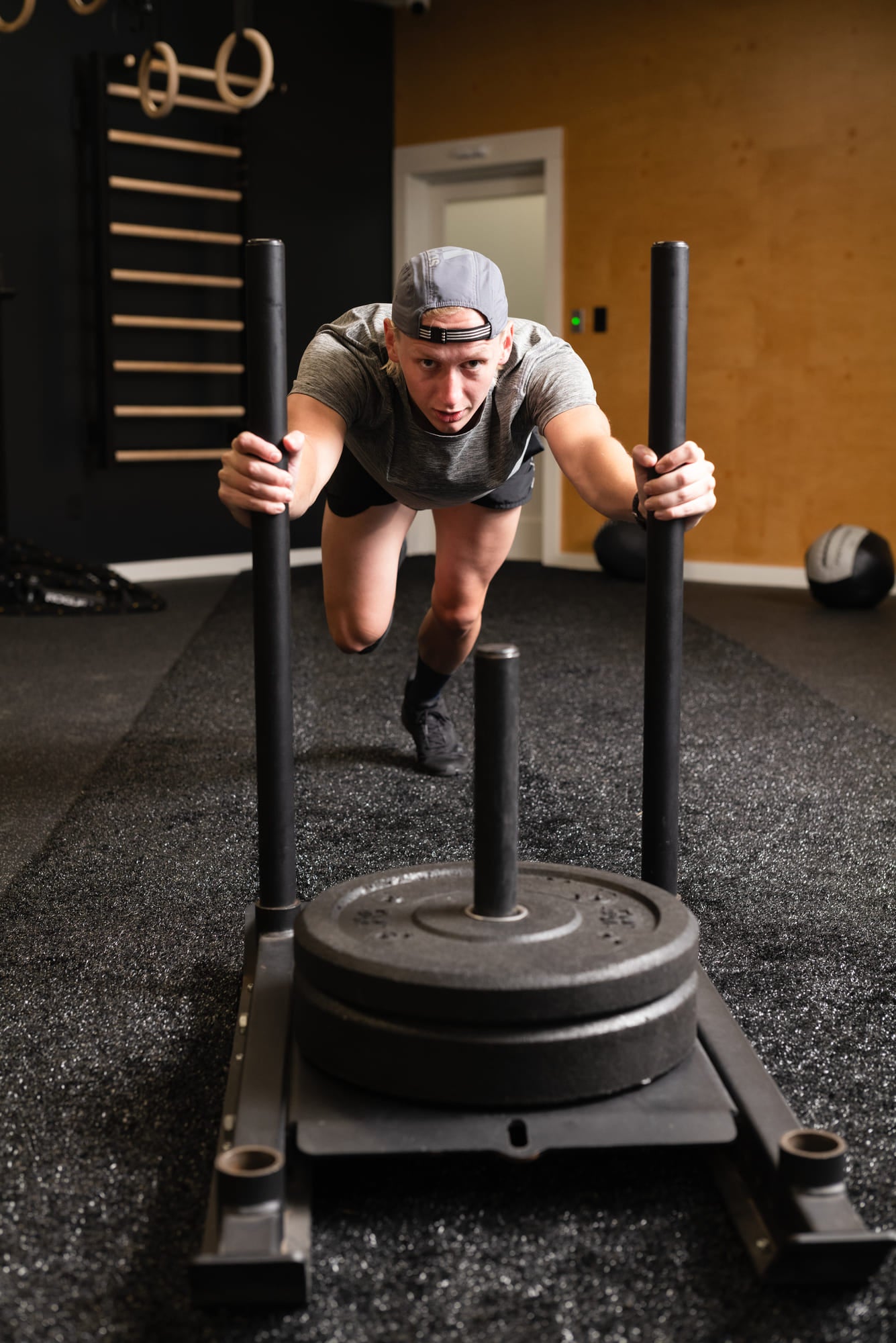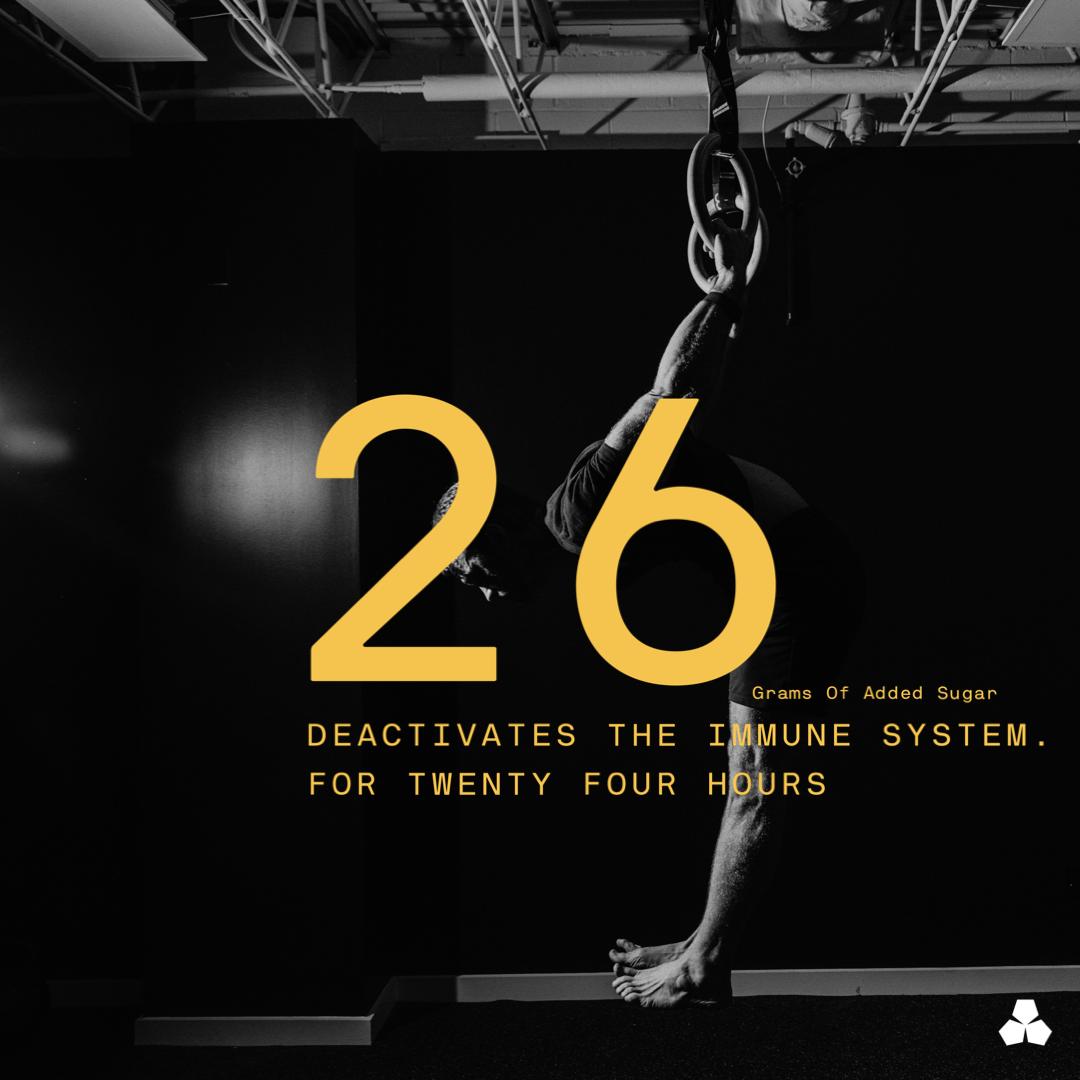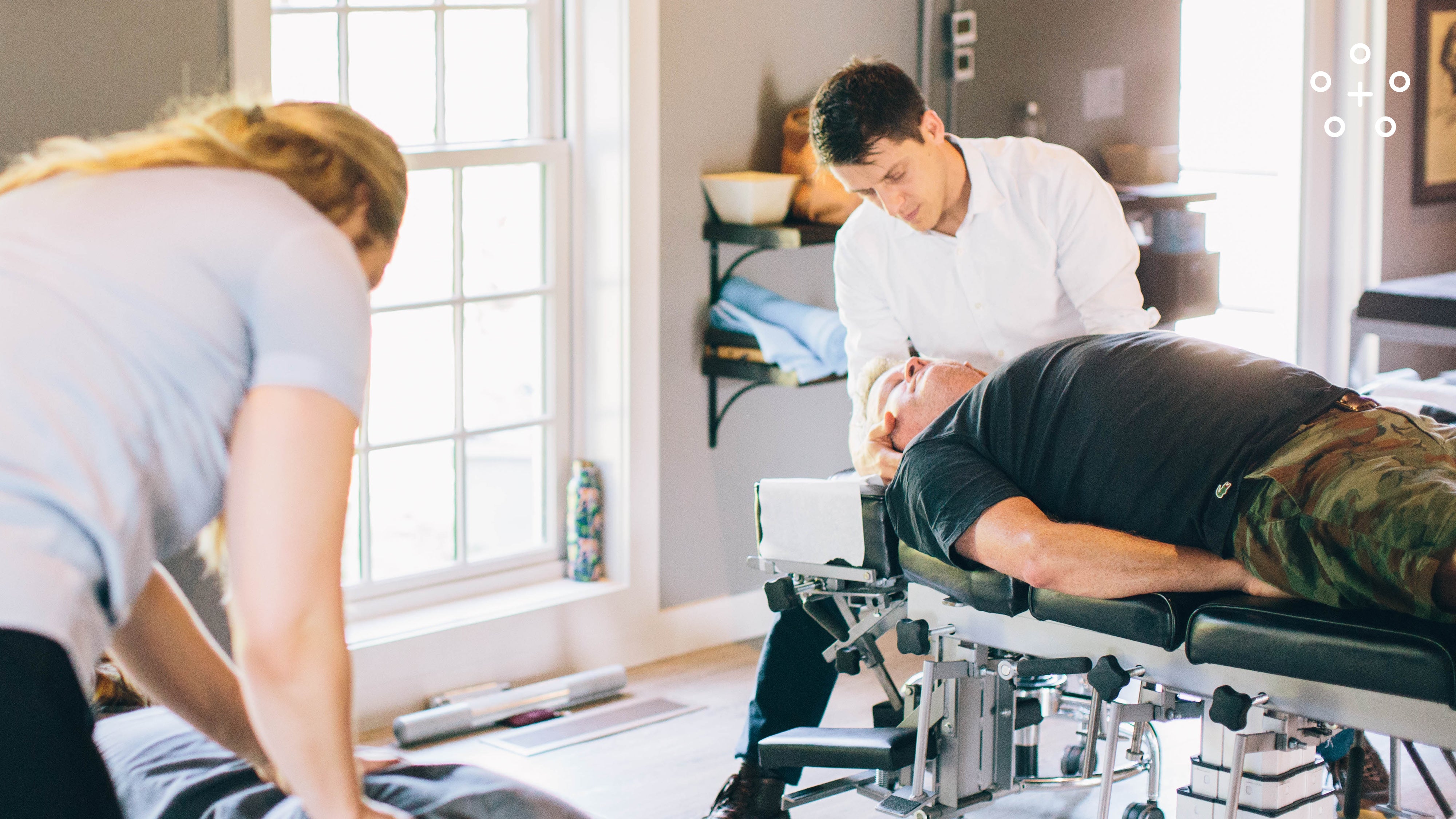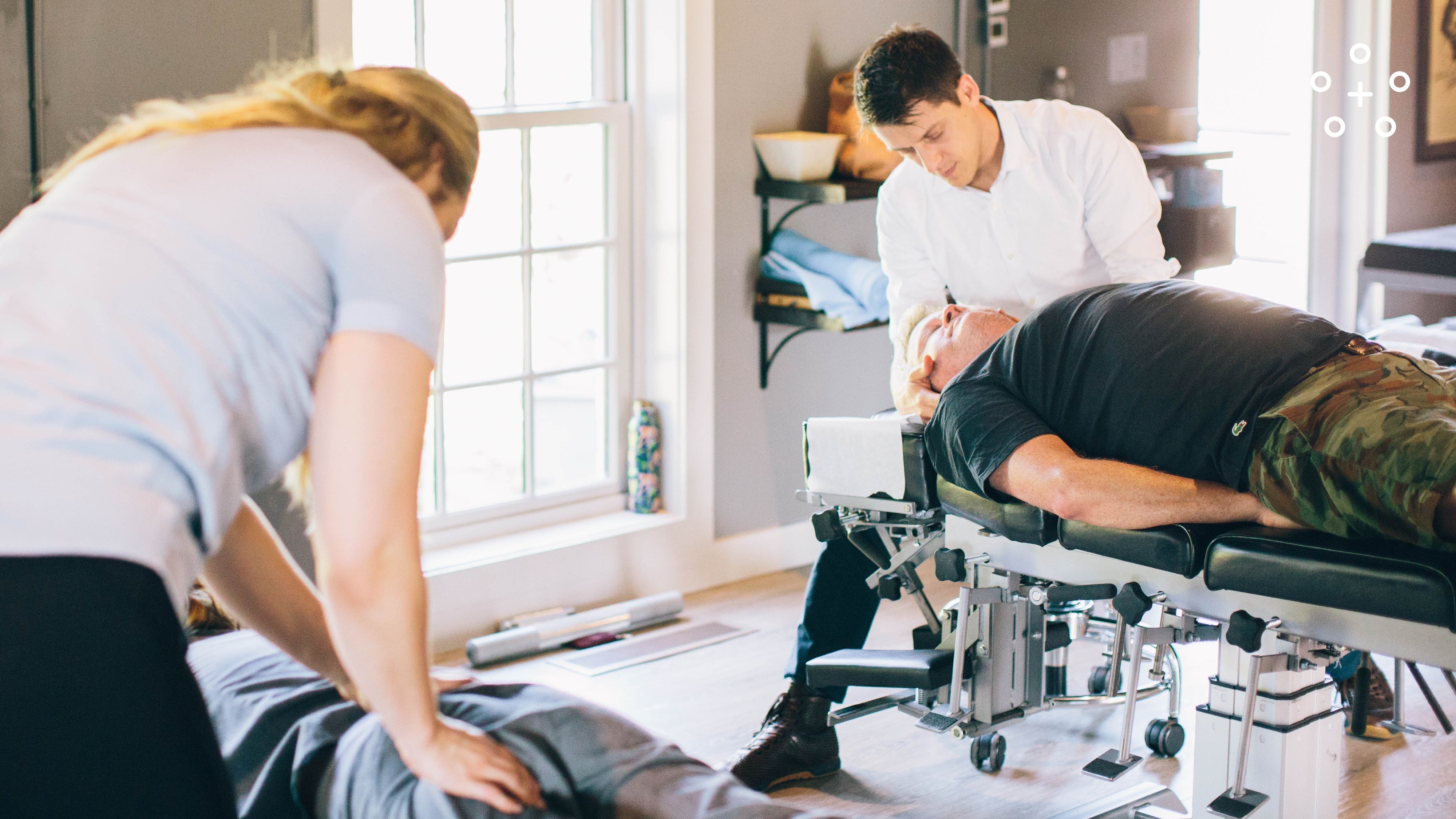Primitive Reflex Integration in Birmingham: Supporting Children's Development
If your child is encountering challenges in concentration, coordination, or learning, the presence of retained primitive reflexes could be a contributing factor. At Archetype Health in Homewood, we specialize in identifying and incorporating primitive reflexes to promote improved development, behavior, and overall brain function.
Understanding Primitive Reflexes
Primitive reflexes are instinctual movement patterns that infants are born with to facilitate survival and growth. These reflexes are expected to naturally diminish (or "integrate") as the nervous system matures, typically within the first year of life. Failure to fully integrate these reflexes can impede higher brain functions and manifest in various symptoms in older children and adults.
Indications of Retained Primitive Reflexes
Children with unintegrated reflexes may exhibit signs such as:• Difficulty maintaining focus or sitting still in educational settings• Challenges with reading, writing, or spelling• Lack of coordination, clumsiness, or frequent falls• Emotional outbursts or feelings of anxiety• Bedwetting beyond the typical age• Poor posture or a tendency to slouch• Motion sickness or difficulties with balance
Typical Primitive Reflexes AddressedMoro Reflex
Referred to as the "startle reflex," its retention can lead to sensory sensitivities, emotional reactivity, and struggles with transitions.ATNR (Asymmetrical Tonic Neck Reflex)Critical for early motor development, its retention can result in difficulties with crossing the midline, reading, and handwriting.STNR (Symmetrical Tonic Neck Reflex)Aids in crawling during infancy; its retention often causes poor posture, slumped position, and challenges with desk sitting.TLR (Tonic Labyrinthine Reflex)Linked to head positioning, its retention may contribute to balance issues, muscle tone irregularities, and coordination difficulties.Spinal GalantAssists with birth and early movement; its retention can cause bedwetting, restlessness, and postural problems.
Approach to Primitive Reflexes at Archetype Health
In our clinic near Birmingham, we utilize a comprehensive functional neurology strategy to evaluate and integrate primitive reflexes. Treatment methods may involve:
• Specific exercises designed to replicate early developmental stages
• Sensory stimulation encompassing visual, auditory, tactile, and vestibular aspects
• Chiropractic adjustments to promote nervous system regulation
• Training in breathing techniques and posture for core stability and enhanced focus
• Customized home care plans for parents to continue integration practices at home
Importance of Primitive Reflex Integration
Active reflexes consume brain resources that could otherwise be utilized for advancement. By integrating these reflexes, children often experience:
• Enhanced focus and attention span• Improved reading, writing, and learning abilities• Better coordination and performance in physical activities
• Enhanced emotional regulation• Increased confidence and independence
FAQs
What is the optimal age for primitive reflex integration therapy to be effective?
While it can benefit individuals of all ages, we commonly observe positive outcomes in children aged 5–12.
Do children require a formal diagnosis to benefit from this therapy?
No, many families seek our services due to academic, behavioral, or motor challenges without a formal diagnosis.
Is there a typical duration for the integration process?
The timeline varies, but many families notice positive changes within weeks, with comprehensive programs typically spanning a few months.
Specialist in Primitive Reflexes in Birmingham & Homewood, AL
If you've observed your child grappling with academic, behavioral, or motor difficulties, primitive reflex integration could be the solution. At Archetype Health in Homewood, our team aids children in Birmingham in establishing stronger foundations for growth and success.
3250 Independence Dr, Homewood, AL
Reach out today to arrange an evaluation: 1-205-803-1234




